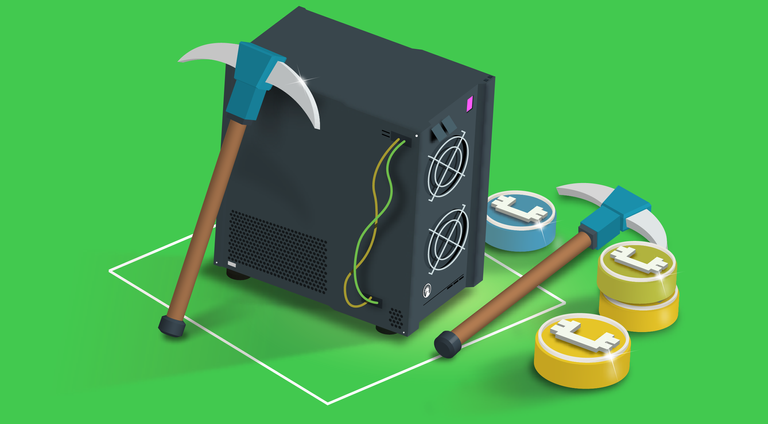Cryptocurrency mining is the process of validating and recording transactions on a blockchain network, such as Bitcoin or Ethereum, through computational power. Miners use specialized hardware and software to solve complex mathematical puzzles, known as cryptographic hash functions, to add new blocks to the blockchain and earn rewards in the form of newly minted cryptocurrencies.
The mining process begins with miners collecting pending transactions from the network and bundling them into blocks. These blocks are then hashed using cryptographic algorithms to generate a unique identifier, or hash, for each block. Miners compete to find a hash value that meets certain criteria set by the network, known as the target hash or difficulty level. This process requires significant computational power and energy consumption.
Once a miner successfully discovers a valid hash, they broadcast it to the network for verification by other nodes. If the hash is confirmed by the majority of nodes and meets the network's consensus rules, the new block is added to the blockchain, and the miner receives a reward in the form of newly created cryptocurrency coins, along with any transaction fees associated with the block.
Cryptocurrency mining serves two primary purposes: securing the network and issuing new coins. By participating in the mining process, miners help validate transactions and maintain the integrity of the blockchain, ensuring that no single entity can control the network. Additionally, mining provides an incentive mechanism for miners to contribute their computational resources to the network in exchange for rewards, thereby sustaining the decentralized nature of cryptocurrencies.
However, mining also comes with challenges, including increasing competition, rising energy consumption, and environmental concerns. As the difficulty of mining increases over time and the reward for mining decreases, miners must continuously upgrade their equipment and optimize their operations to remain profitable. Moreover, the energy-intensive nature of mining has led to criticism regarding its environmental impact, prompting discussions around more sustainable mining practices and alternative consensus mechanisms. Despite these challenges, cryptocurrency mining remains a fundamental aspect of blockchain networks, facilitating decentralized consensus and enabling the creation and transfer of digital assets.
